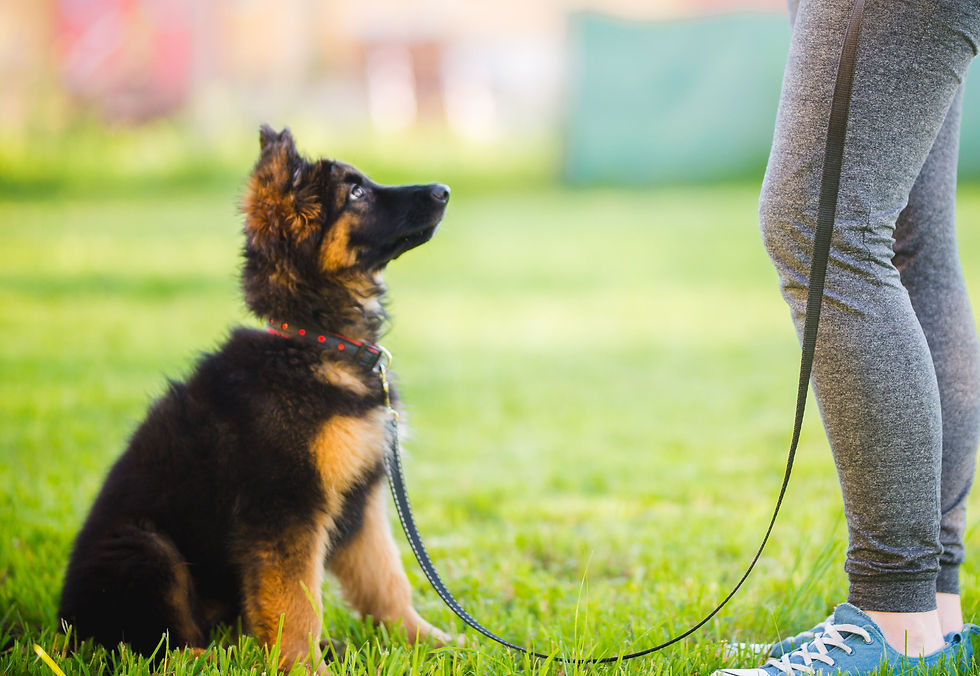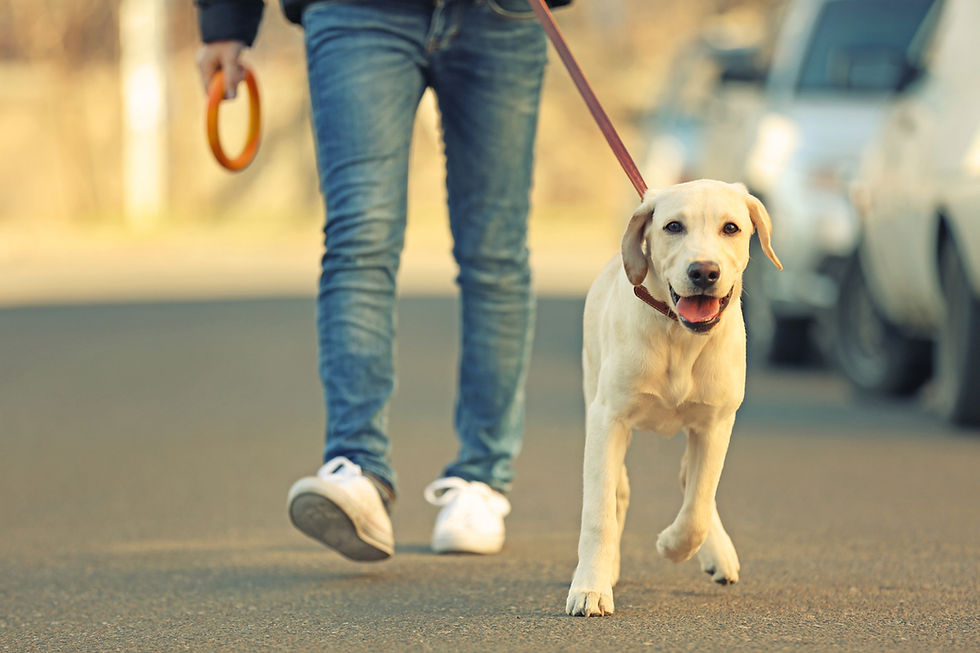Building Confidence In Shy Dogs Through Training
- contact32807
- Aug 23, 2022
- 2 min read

Dogs are like humans; each one has its personality. Most dogs will experience distrust, fear, and anxiety at some point in their lives, manifesting differently. Some dogs may bark incessantly at the source of their concern, while others cower in a corner and hide.
As responsible and loving dog owners, we must pay close attention to our pup's body language and determine what triggers the negative feelings. Some of these scenarios may be situational and not require much work and training to resolve, yet other times the anxiety and lack of confidence are more ingrained.
Socialization Of A Puppy
Dogs can lack confidence for many different reasons. A dog is fearful about navigating his environment may be due to a lack of proper socialization as a puppy. Maybe he had a bad experience that created anxiety, or it could be that he is genetically predisposed toward cautiousness. In any case, a dog who was not well socialized as a puppy will feel overwhelmed when exposed to living in our human world.
Dog Training Pro Tip: The good news is that dogs continue to learn throughout their lives. The more you safely and securely expose your furry friend to new places, people, situations, sounds, movements, and other dogs, the more confident he will become.
Desensitizing Your Shy Dog
Canine confidence can be built through desensitization. Repeated exposure to the trigger, or stimulus, of the anxiety or fear, takes the unknown out of the equation and replaces it with an everyday experience. When desensitizing your dog, you must be careful not to overwhelm them, which will worsen matters. For example, if you want to get your dog comfortable with playing at a dog park, first bring her to a quiet area of the park where she can hear and see the activities from a distance.
Dog Training Pro Tip: To make an exposure less overwhelming to start with, consider ways you can manage stressful factors like noise level, amount of the stimulus, and distance of the scary thing.
Counter-conditioning With Positive Stimuli
Enhance the desensitization sessions by including counter-conditioning methods in the process. Counter-conditioning is a technique that involves your dog experiencing a rewarding exposure to the stimulus that is the source of anxiety. In other words, offer him a treat or heavy praise once your dog is exposed to the negative thing.
Dog Training Pro Tip: Once your dog is comfortable expecting a treat when exposed to the stimulus, you can use counter-conditioning methods for further training goals.
Basic Confidence-Boosting For Dogs
To build any dog's confidence in a more general way, provide the pup with enrichment activities and relationship-based training. By spending time with your dog doing new things together, you and your canine companion will grow closer and more confident.
Dog Training Pro Tip: Enrolling your pup in professional training classes will boost his confidence and provide you both with the skills necessary to create positive experiences.






Comments